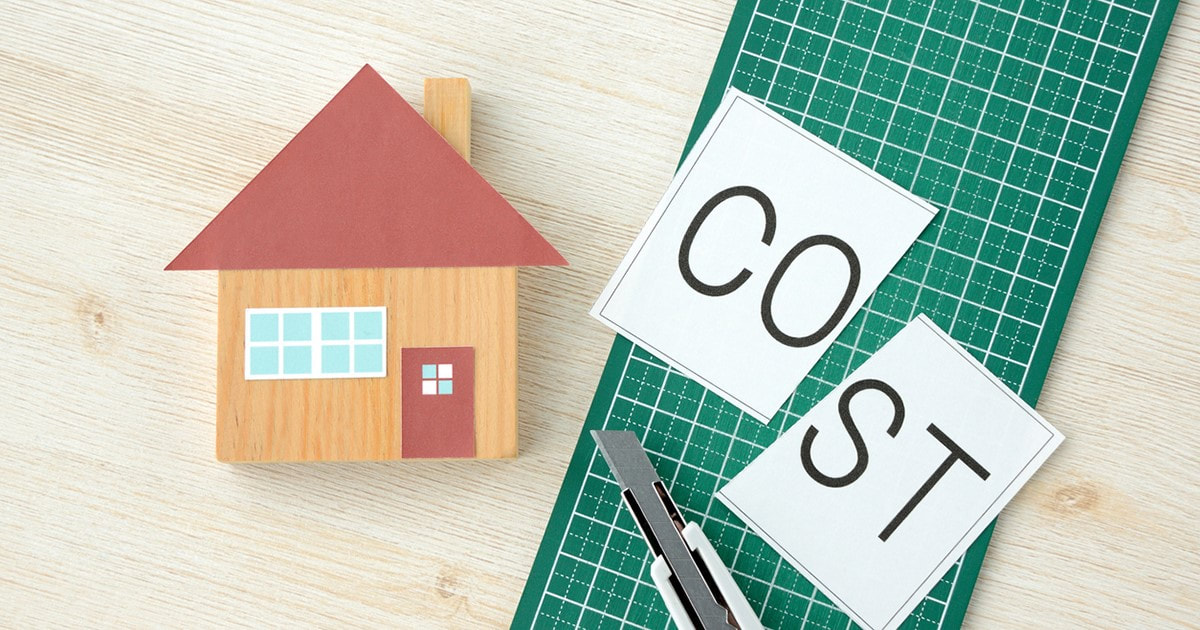Why Keep Track of Home Improvements6/2/2020 Homeowners receive a generous exclusion on the gain of their principal residence up to $250,000 for single taxpayers and $500,000 for married taxpayers filing jointly. Most people probably consider the gain or profit in a home to be the difference between the purchase price and the sales price.
IRS allows a taxpayer to lower the sales price by the selling expenses before calculating gain. Normal expenses like real estate commission, title policy, attorney fees, and other sales expenses may be included if they are normal and customary. Another significant adjustment is that capital improvements made during the holding period can be added to the cost basis. Normal maintenance like repairs are not considered improvements. IRS says that if the expenditure materially adds value (features) to the property, or appreciably prolongs the useful life of the property, or adapts a portion of the property to a new use, it can be considered a capital improvement. Examples could include replacing a heating or air conditioning system, storm windows, new permanent landscaping like trees or shrubs or completing an unfinished basement. They don't necessarily have to be high-ticket items but can include things like adding dead bolts, ceiling fans, video doorbell and other items. For more information, see IRS Publication 523. The total amount of the money that is spent on capital improvements increase the cost basis of the home which in turn will reduce the amount of gain when sold. With the average person staying in a home for 10 ... 12 years, the total improvements could be significant. As an example, let's say a single taxpayer sold their home for $350,000 more than they paid for it. If their selling expenses were $25,000 and they had made $75,000 of capital improvements during the holding period, the gain would be $250,000 and within the limits for a single taxpayer to exclude all of it instead of having a $100,000 gain. It is necessary to be able to prove the amount spent and for that reason, a routine should be established to keep the receipts and cancelled checks for all expenditures on their principal residence. Even if the owner is not sure whether they qualify as an improvement, by having the receipt available at the time of sale, a tax professional can help a homeowner with the determination. In addition to receipts and cancelled checks, a contemporaneous register listing the date, description and amount spent will provide accurate information for calculations and serve as evidence should it be needed in the future. There is more information in the Homeowners Tax Guide that is available for download.
0 Comments
The deadline for challenging your property tax assessment this year may be later than normal due to the stay at home orders but when you are notified, you'll want to be ready to decide whether you can save some money on property taxes this year.
There are two elements that determine the amount of property taxes you'll pay for the year: the assessment of value and the property tax rate. Both determinations occur long before the property tax statement is sent. Property owners are notified in writing what their assessed value is for the year. It is estimated that most owners don't challenge that value even though it could lower their tax bill. Not all appeals are successful, but many homeowners believe that it is worth the effort to try. Procedures for challenging the assessment are generally included with the letter and a deadline for filing the challenge. An initial step is to determine the accuracy of the information on your property's record such as market value and square footage. If the record shows a higher square footage than actual, it can cause the value to be higher than it should be. Even though it may not be required, an appraisal could be proof of actual square footage that shows the square footage and value by an independent party. Recent comparable sales are used by assessors to determine market value of a property but are usually not identified in the property record. Property owners can research comparable sales that indicate a lower value and submit them to the assessor's office either informally or in a challenge hearing. It is important that the properties proposed to establish the value of the subject property are recent, comparable in size, condition, amenities and in the same area. There are companies who will represent the owner to lower their assessment. The fee charged is usually a percentage of the taxes that are saved. It is not a complicated procedure and can be very gratifying to make the effort. Your real estate professional can be a valuable source of information and experience to guide you through the process. Call me at for more information and a list of comparable sales. Take the Standard Deduction & the Home1/21/2020 Now that the standard deduction is increased to $12,200 for single taxpayers and $24,400 for married ones, many homeowners are better off with the standard deduction than itemizing their deductions to write off their mortgage interest and property taxes. There was some speculation that without the tax advantages, homeownership is not the investment it once was.
By looking at the other benefits, you can see that homeownership is still one of the best investments people can make. A $275,000 home financed with a 4.5%, 30-year FHA loan would have an approximate total payment of $2,075. The difference in the value of the home and the amount owed on the mortgage is called equity. Two things cause equity to increase: the home appreciating in value and the principal loan balance being reduced with each payment made on an amortizing loan. In this example, if the home were appreciating at 2% annually, the value would increase by $5,500 the first year which would be $458.33 per month. At the same time, with each payment made, an increasing amount would reduce the unpaid balance which would average $363.00 a month in the first year. The homeowner's equity would increase over $800 a month. Instead of paying rent, the homeowner is building equity in their home. It becomes a forced savings and lowers their net cost of housing. In seven years, the homeowner in this example would have $80,901 in equity instead of seven years of rent receipts. This example doesn't consider tax advantages at all. If the homeowner would benefit from itemizing their deductions, it would lower their cost of housing even more. The IRS recommends each year to compare the standard and itemized deductions to see which would benefit you more. Items such as substantial charitable donations, mortgage interest, property taxes and large out-of-pocket medical expenses could increase the likelihood of itemizing deductions. You can see the benefits using your own numbers without tax advantages by using the Rent vs. Own. Looking to buy your first home? Already own a home? Call Jenni today to see what advantages homeownership can bring you. Downsizing in 20201/6/2020 Approximately 52 million or 16% of Americans are age 65 and over. It is easy to understand that some of them are thinking of downsizing their home because they don't need the same space they did in the past.
It can be liberating to divest yourself of "things" that have been accumulated over the years but are no longer needed. Moving to a less expensive home, could provide savings for unanticipated expenditures or cash that could be invested for additional income. Savings can be realized in the lower premiums for insurance and lower property taxes, as well as, the lower utility costs associated with a smaller home. Typically, owners downsize to a home to 2/3 to 50% of their current home's size. In some situations, it is not only economically beneficial, but their interests may have changed so that a different style of home, area or city might fit their lifestyle better. The sale of a home with a lot of profit will not necessarily trigger a tax liability. Homeowners are eligible for an exclusion of $250,000 of gain for single taxpayers and up to $500,000 for married taxpayers who have owned and used their home two out of the last five years and haven't taken the exclusion in the previous 24 months. Homeowners should consult their tax professionals to see how this may apply to their individual situation. For more information, you can download the Homeowners Tax Guide. Call me at (808) 345-6192 to find out what your home is worth and what it would take to make the move to another home. AuthorRead helpful articles and real estate resources shared on behalf Realtor® Broker, BIC Jennifer R. Rhodes of Premier Island Properties LLC Archives
June 2020
Categories
All
|
|
RB-22237
|
|




 RSS Feed
RSS Feed
